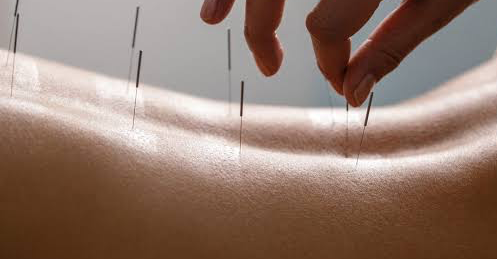+919423006922

This is your website preview.
Currently it only shows your basic business info. Start adding relevant business details such as description, images and products or services to gain your customers attention by using Boost 360 android app / iOS App / web portal.
Acupuncture for infertility

Acupuncture Enhances Fertility Treatment, Lowers Adverse Effects CV4 (Guanyuan) Acupuncture boosts the efficaciousness of fertility treatments. Three independent studies confirm that acupuncture increases positive patient outcome rates. Two studies find acupuncture effective for increasing the the efficacy of clomifene for the treatment of infertility due to ovulatory dysfunction. Another study finds acupuncture effective for reducing the adverse effects caused by bromocriptine treatments for hyperprolactinemia related infertility. The study also confirms that acupuncture balances hormone levels. Ovulatory Dysfunction Ovulatory dysfunction accounts for approximately 25–30% of female infertility. The root of ovulatory dysfunction is related to disorders of the hypothalamic–pituitary–gonadal axis (HPG axis) because it is closely related to the uterine and ovarian roles in menstruation cycles. The hypothalamus secretes gonadotropin-releasing hormone (GnRH). GnRH stimulates the anterior pituitary to produce two important hormones essential for folliculogenesis and ovulation: luteinizing hormone (LH) and follicle-stimulating hormone (FSH). As a result, dysfunction of the HPG axis may lead to problems in proper follicle development, maturation, and rupture. Treatment for this type of infertility includes ovulation inducing drugs, surgical intervention, and assisted reproductive technology (ART) including artificial insemination, in-vitro fertilization, etc. Clomifene is often a prescribed drug for ovulation induction, and while it has a high efficacy rate, it also has common adverse effects. It may deleteriously affect cervical mucus or decrease the amount produced. Vaginal dryness due to thicker cervical mucus is a common adverse effect, which impedes sperm transport and is ultimately counterproductive to the drug’s other properties that promote fertility. Anti-estrogenic actions of clomifene reduce uterine vascularization, eventually lowering endometrial receptivity. Therefore, though clomifene helps patients to ovulate, it may not be entirely conducive to the goal of conceiving. It is therefore beneficial to use other treatments with fertility boosting value to complement clomifene ovulation induction.

